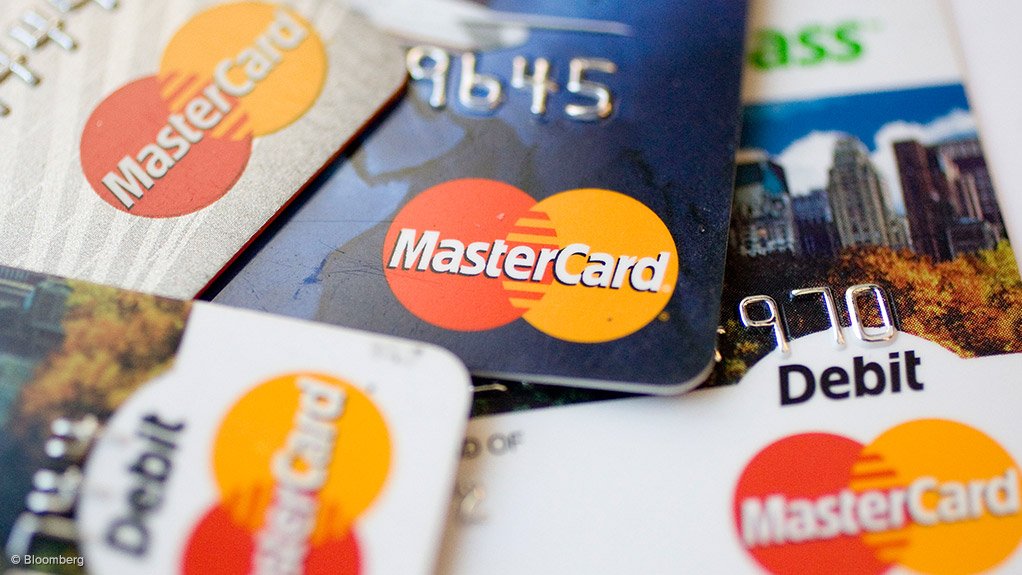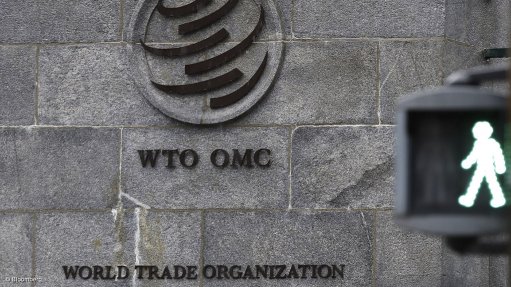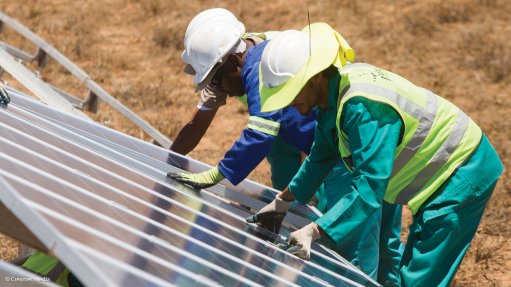Demand for consumer credit falls as South Africans remain cautious
South African consumers remain under severe strain, says TransUnion’s third-quarter South Africa Industry Insights Report.
Although the latest data relates primarily to a period when Covid-19 measures were less stringent than during the initial lockdowns earlier in the year, there was still a fall in consumer demand in the period under review.
Credit application volumes (as measured by enquiries) declined as consumer confidence remained low, with this reduced appetite for new credit reflecting increased unemployment and high levels of financial hardship, says TransUnion in its report.
In the third quarter, year-on-year (YoY) enquiry volumes fell by double digits across all major consumer lending categories.
The decline was most pronounced for credit cards (down 49%) and non-bank personal loans (down 29%).
Originations (measured by new accounts opened) also fell by double digits YoY for all major consumer credit categories.
In the most recent period (quarter two for originations owing to reporting lag), the decline in volume was most pronounced for clothing accounts (down 69.4%) and least pronounced for credit cards (down 23.1%).
Serious-level delinquencies (accounts three or more payments past due) increased across all major consumer credit categories as consumers continued to experience financial stress.
“With the prolonged nature of the pandemic, it’s clear that the economic impact has been significant and sustained,” says TransUnion South Africa research and consulting director Carmen Williams.
“Consumer confidence and lender risk appetites have been severely impacted, and the latest results show the changing dynamics of both the demand and supply of credit.”
Originations Under Pressure
Originations are a function of both consumer demand and lenders’ capacity and willingness to advance credit (supply).
Although enquiries (credit demand) have fallen, figures show there is still liquidity (potential supply) in the market.
The latest South African Reserve Bank statistics show that money supply YoY growth rates have increased and are greater than at the same time a year ago, suggesting that at least some of the fall in originations is owing to reduced lender appetite, rather than liquidity, as they modify their risk and underwriting models.
Another important factor influencing originations, and the related enquiries that lead to these approved and funded applications, is physical access to services.
Categories like personal loans (bank and non-bank) are highly dependent on people coming through the door.
From a bank’s perspective, while selected branches remained open during Level 5 and Level 4 Covid-19 lockdown restrictions, foot traffic was limited as fewer consumers ventured out.
The same is also true for non-bank personal loans as stores were closed.
Generally, the inability to convert these applications online and fulfil them digitally end-to-end is also one of the contributing reasons for a drop in originations.
The ability to access physical locations to apply for credit also explains some of the fall in clothing loan originations.
With many shops either closed or seeing reduced consumer visits during varying levels of lockdown, the impact to this most widely held form of credit amongst South African consumers is significant.
Conversely, credit cards recorded a much smaller drop in originations in the most recent period, as consumers relied on these as a payment and purchase mechanism of choice to complete online transactions.
Also, consumers can more easily apply and be approved for a credit card online without going to a branch.
“With the gross domestic product figures announced earlier this month showing signs of an economic recovery, the speed, shape and sustained nature of this recovery is what will influence market dynamics in the coming months,” says Williams.
“Any recovery is likely to be protracted and the next few quarters will give us a better idea on how consumers and the economy are responding to the crisis. Life is far from back to normal and access and use of lending services is still significantly down from pre-pandemic levels.”
Delinquencies Continue to Rise
As with originations, credit cards somewhat resisted the rising delinquency trend.
Although delinquencies increased YoY in the third quarter across all major consumer credit categories, it was least pronounced for credit cards, which recorded a 40 basis points (bps) increase in serious delinquencies.
This compares to more than 600 bps for some other categories, with non-bank personal loans up by 620 bps and clothing up by 630 bps.
It is possible consumers are prioritising credit card payments to preserve both the utility and liquidity they provide in Covid-19 times, the TransUnion report suggests.
The overall rise in delinquencies and the sustained impact the pandemic is having on household finances continues to be very apparent.
The latest TransUnion Financial Hardship Survey in South Africa showed that almost four in five (79%) South African consumers report their household income being negatively impacted by Covid-19.
The survey also showed that amongst these impacted consumers, concerns about their ability to pay bills and loans remains high at 85%, with 29% expecting to run into a shortfall within one month.
Impact Not Clear
With various government schemes and lender initiatives helping many consumers, the eventual impact of the pandemic on the consumer credit market is far from clear, says TransUnion.
With a drastic slowdown in originations, outstanding balances have remained subdued or have declined as consumers have sought to reduce their financial obligations.
However, for bank personal loans, the trend is more complex.
In some cases, bank personal loans are being used as a payment holiday mechanism where loan balances are increased to provide liquidity.
This leverage is helping consumers avoid being delinquent and at the same time is increasing overall outstanding balances (up 8.7% YoY in the third quarter).
Outstanding balances also increased for auto loans (up 10.9%).
“The Covid-19 pandemic has led to a number of fundamental shifts in the South Africa consumer credit market,” says Williams.
“It has exposed the need for lenders to enhance digital channels and re-engineer customer journeys – both for general account servicing and applications.
“It has also emphasised the importance of using trended data and advanced analytics to anticipate when a customer is going to face a difficulty in meeting payment obligations. By taking action early, lenders can give consumers the support they need whilst also effectively managing the risk in their portfolio.”
Comments
Announcements
What's On
Subscribe to improve your user experience...
Option 1 (equivalent of R125 a month):
Receive a weekly copy of Creamer Media's Engineering News & Mining Weekly magazine
(print copy for those in South Africa and e-magazine for those outside of South Africa)
Receive daily email newsletters
Access to full search results
Access archive of magazine back copies
Access to Projects in Progress
Access to ONE Research Report of your choice in PDF format
Option 2 (equivalent of R375 a month):
All benefits from Option 1
PLUS
Access to Creamer Media's Research Channel Africa for ALL Research Reports, in PDF format, on various industrial and mining sectors
including Electricity; Water; Energy Transition; Hydrogen; Roads, Rail and Ports; Coal; Gold; Platinum; Battery Metals; etc.
Already a subscriber?
Forgotten your password?
Receive weekly copy of Creamer Media's Engineering News & Mining Weekly magazine (print copy for those in South Africa and e-magazine for those outside of South Africa)
➕
Recieve daily email newsletters
➕
Access to full search results
➕
Access archive of magazine back copies
➕
Access to Projects in Progress
➕
Access to ONE Research Report of your choice in PDF format
RESEARCH CHANNEL AFRICA
R4500 (equivalent of R375 a month)
SUBSCRIBEAll benefits from Option 1
➕
Access to Creamer Media's Research Channel Africa for ALL Research Reports on various industrial and mining sectors, in PDF format, including on:
Electricity
➕
Water
➕
Energy Transition
➕
Hydrogen
➕
Roads, Rail and Ports
➕
Coal
➕
Gold
➕
Platinum
➕
Battery Metals
➕
etc.
Receive all benefits from Option 1 or Option 2 delivered to numerous people at your company
➕
Multiple User names and Passwords for simultaneous log-ins
➕
Intranet integration access to all in your organisation





















